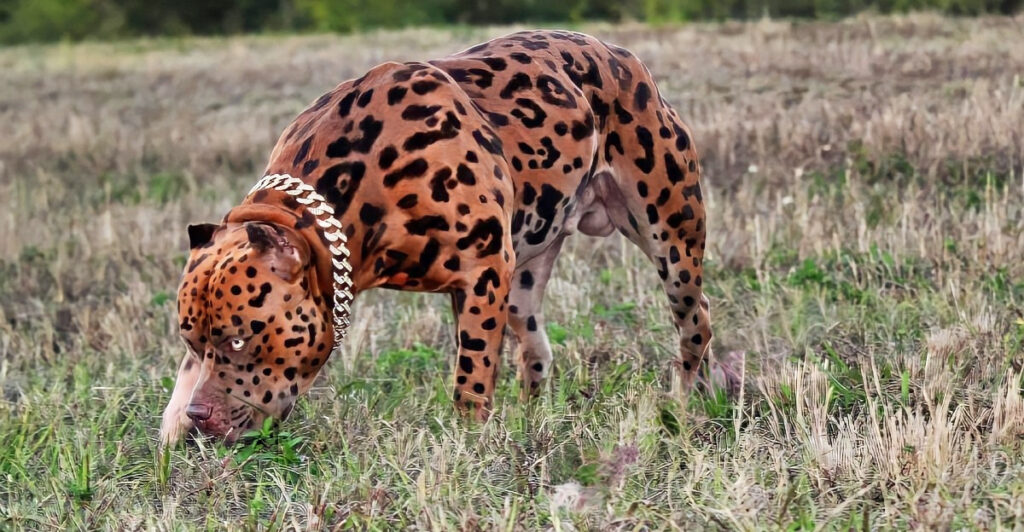
In the untamed landscapes of Africa, survival is a daily battle. Nature has honed certain dog breeds to excel in these harsh environments, equipping them with strength, intelligence, and resilience. From the fearless pit bull to the versatile Boerboel, these dogs have a formidable reputation.
Although not indigenous to Africa, the American Pit Bull Terrier has found a home on the continent, particularly in South Africa. Known for its strength and loyalty, the pit bull is often used for guarding livestock and property. Its bite force measures around 235 PSI, making it one of the most powerful breeds worldwide. Pit bulls are valued for their courage, often standing up to threats larger than themselves. In rural communities, they have been known to fend off predators such as jackals.
Boerboel: The South African Mastiff
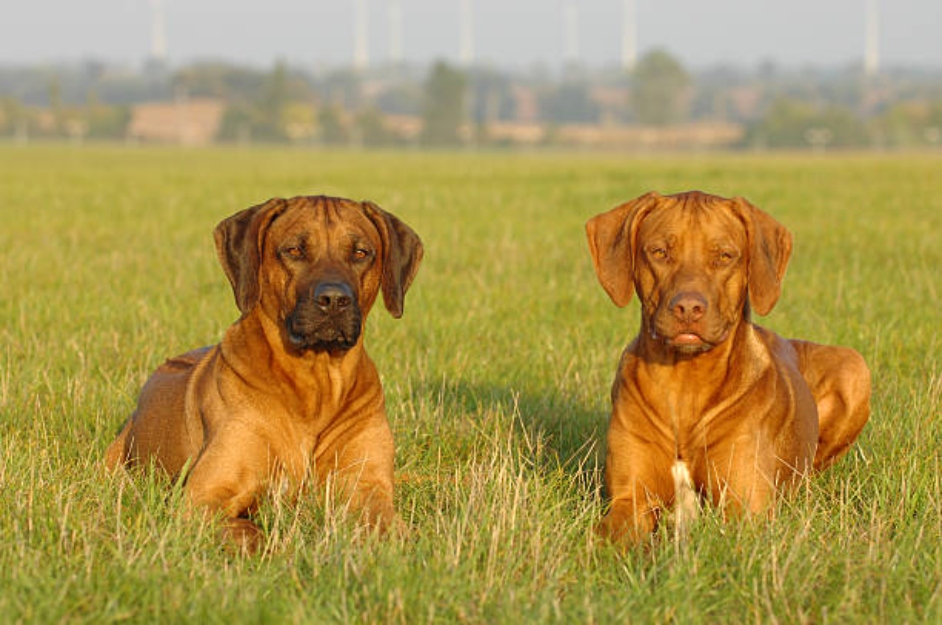
The Boerboel, native to South Africa, is a powerhouse. Bred to protect homesteads and farms, this dog can weigh up to 200 pounds and has a bite force of 450 PSI. Its intimidating size and agility make it a formidable opponent against intruders, including leopards. Historical accounts tell of Boerboels guarding Boer settlers in the 17th century, earning their reputation as fearless defenders.
African Wild Dog: Nature’s Master Strategist
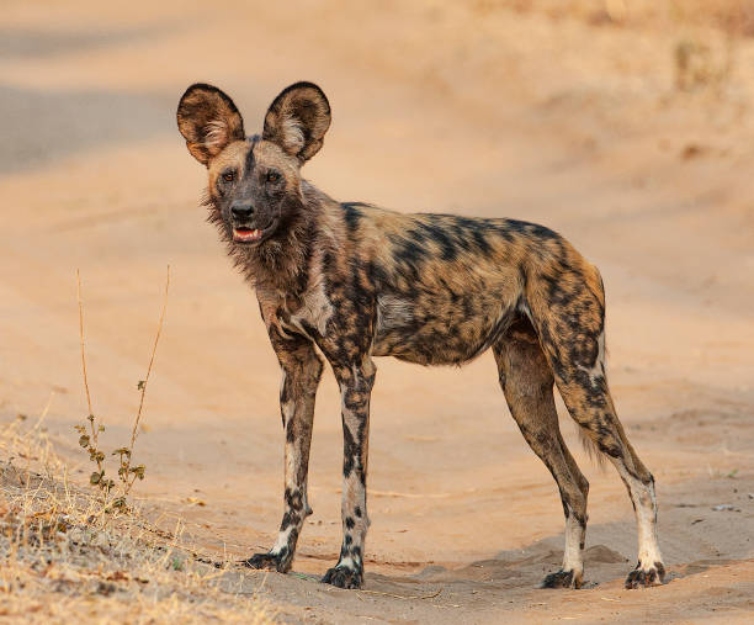
The African Wild Dog, also known as the painted wolf, is not a domestic breed but deserves mention for its extraordinary hunting skills. Found in sub-Saharan Africa, these dogs hunt in packs and boast a hunting success rate of over 80%, far surpassing lions. Their stamina and teamwork allow them to chase prey for miles, often targeting larger animals like wildebeest.
Rhodesian Ridgeback: The Lion Dog
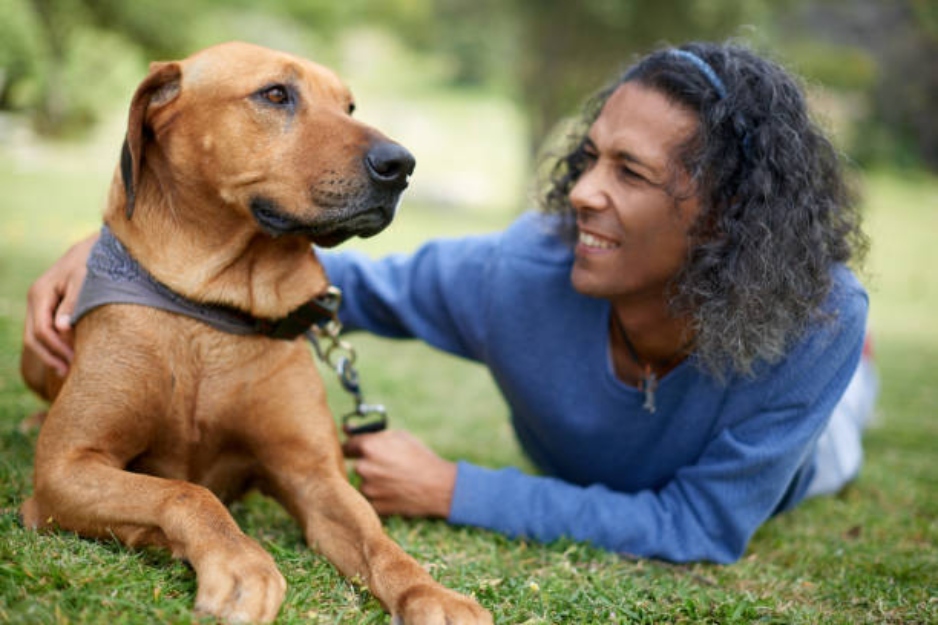
Bred in Zimbabwe, the Rhodesian Ridgeback is known for its bravery. Historically, these dogs were used to track and corner lions, earning them the nickname “lion dogs.” With a muscular build and a keen sense of smell, they are adept at navigating the African bush. Ridgebacks are not just hunters but also loyal family protectors, often weighing between 70 to 85 pounds.
Basenji: The Barkless Hunter
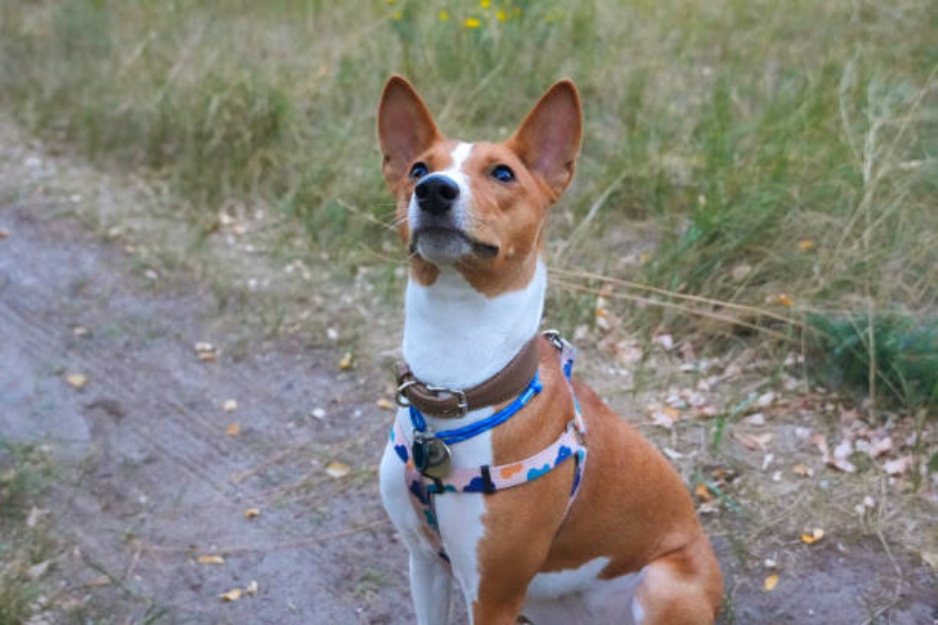
Originating from the Congo, the Basenji is a small but agile breed. Known for its unique “yodeling” sound instead of barking, this dog was traditionally used for hunting small game in dense forests. Despite its size, the Basenji is a tenacious tracker, capable of navigating treacherous terrain. Their compact build and independent nature make them well-suited for survival in the wild.
Africanis: The Indigenous All-Rounder
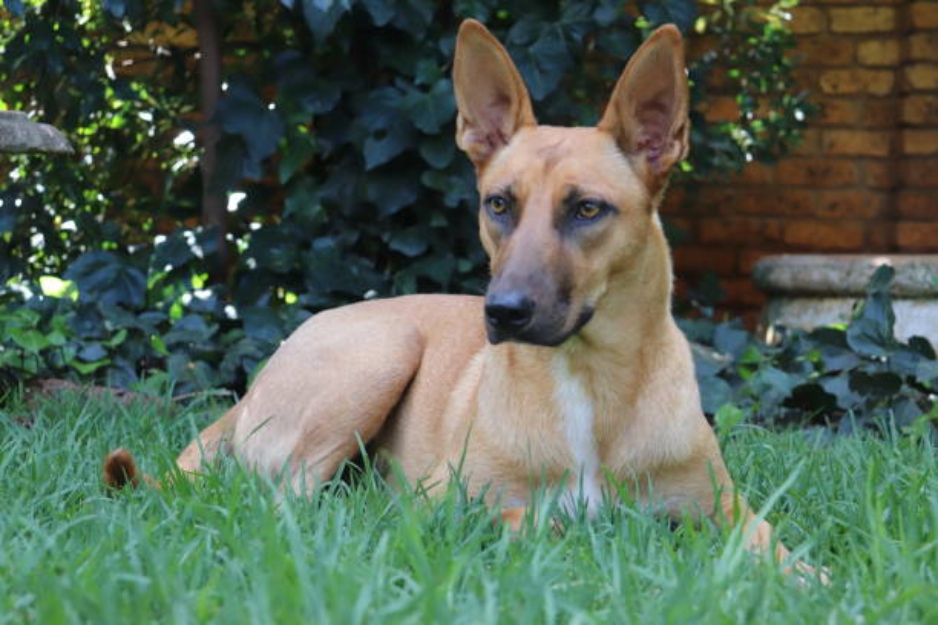
The Africanis is a native landrace dog found across Southern Africa. Its adaptability and resilience are unmatched, thriving in both urban and rural settings. Often serving as a herder and guardian, the Africanis is known for its low-maintenance care and strong immune system. Archaeological evidence suggests this breed has been around for over 7,000 years, evolving alongside human civilizations.
Coton de Tulear: The Malagasy Companion
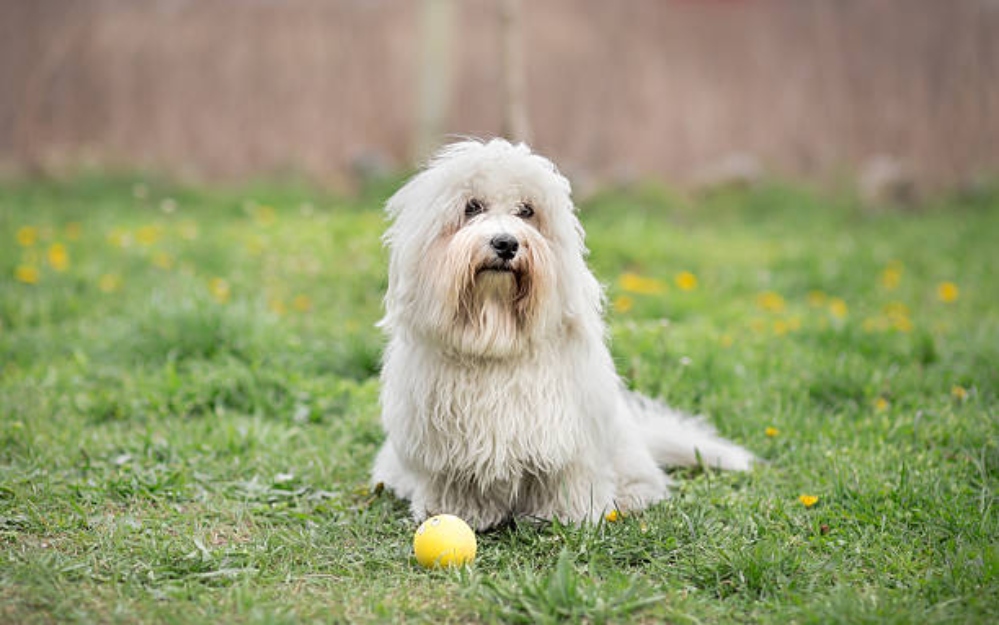
Though not typically associated with wild domination, the Coton de Tulear from Madagascar has a unique role in rural communities. Its keen senses and vocal nature make it an excellent watchdog. Despite its small size, the breed is known to alert families to potential dangers, including wildlife intrusions.
Sloughi: The Desert Sprinter
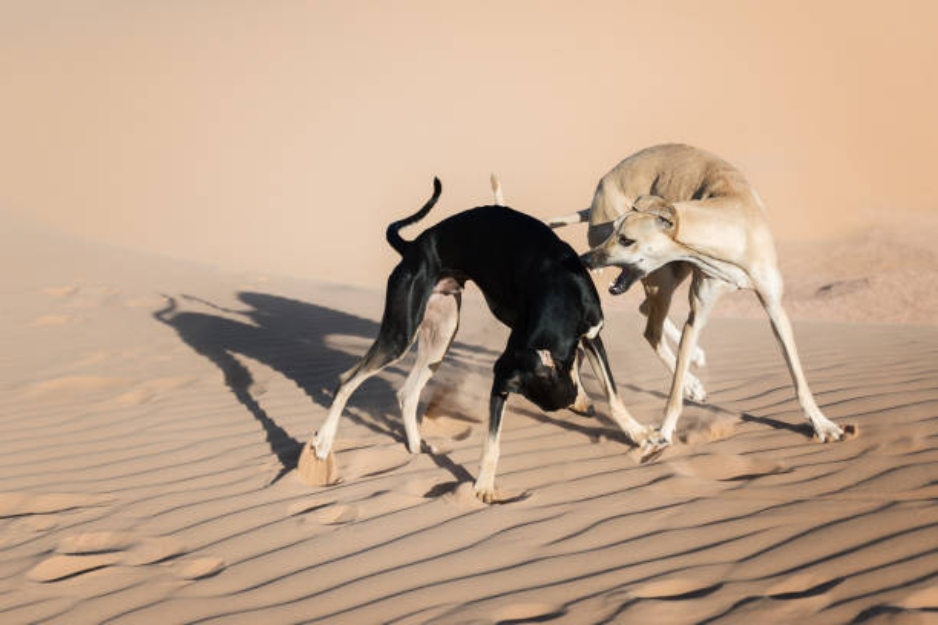
Known as the Arabian Greyhound, the Sloughi is prevalent in North African countries like Morocco, Algeria, and Tunisia. This breed excels in speed, capable of reaching 40 miles per hour. Traditionally used for hunting gazelle and hare, the Sloughi is prized for its endurance and sharp eyesight. It thrives in arid environments, where its slender frame and short coat help regulate body temperature.
Azawakh: The Saharan Sentinel
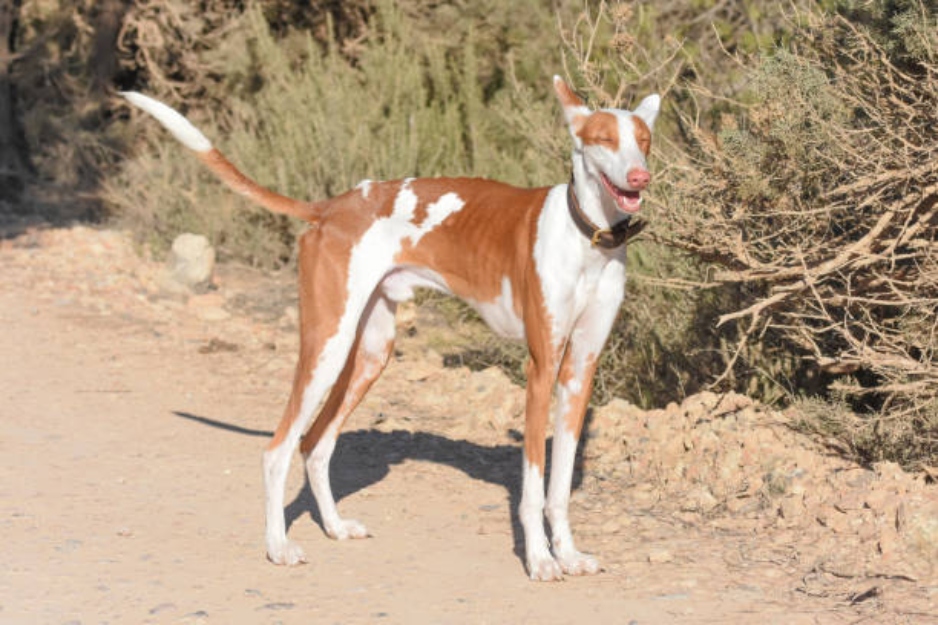
The Azawakh, originating from the Sahel region, is another sighthound bred for hunting. With a lean build and striking appearance, it is often used to guard livestock and homes. Azawakhs form deep bonds with their families and are known for their fierce loyalty. They can chase prey over long distances, relying on speed and agility to outmaneuver threats.
Pharaoh Hound: The Ancient Tracker
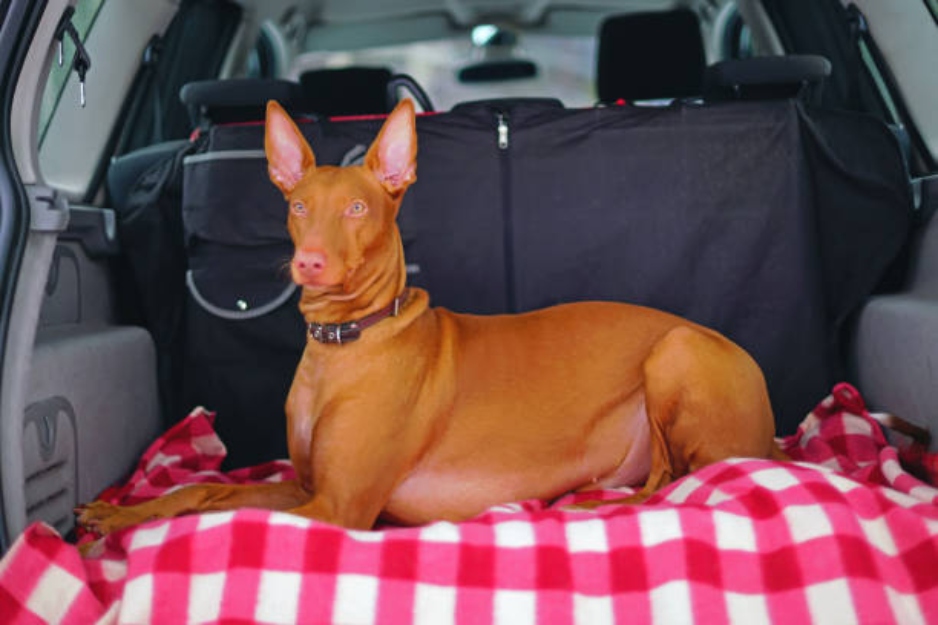
Believed to have descended from ancient Egyptian hunting dogs, the Pharaoh Hound is both elegant and capable. Known for its keen sense of smell and speed, this breed was traditionally used to hunt rabbits and other small game. Today, it retains its hunting instincts and remains a symbol of endurance and grace.
Adaptability in the African Wilderness

What makes these breeds particularly exceptional is their adaptability. Whether navigating arid deserts, dense forests, or open savannahs, they excel in their respective roles. Many of these breeds have been shaped by centuries of coexistence with humans, developing unique traits to survive and thrive in Africa’s diverse ecosystems.
The Role of Conservation and Awareness
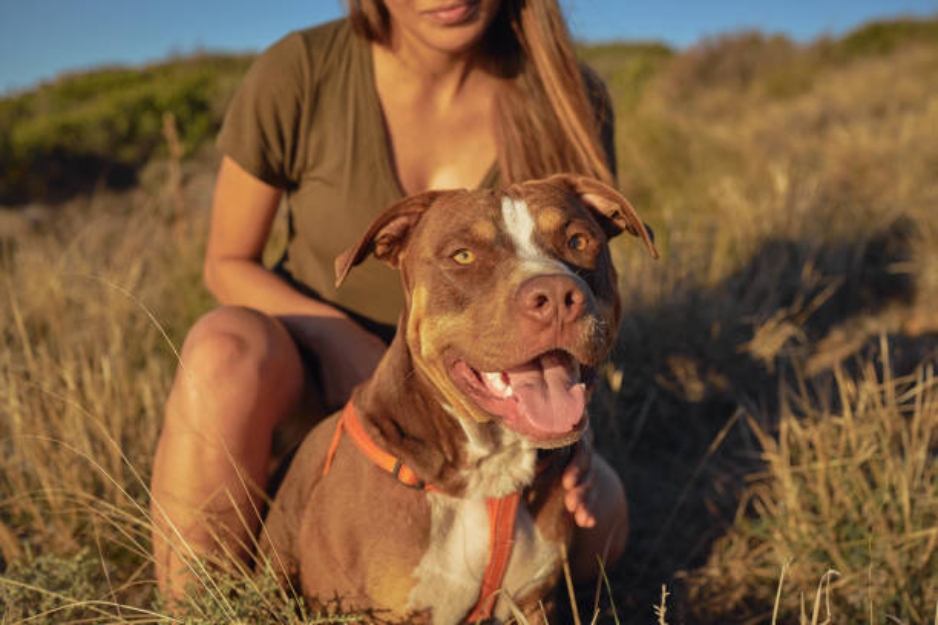
While some of these breeds are domesticated, others like the African Wild Dog face threats from habitat loss and human conflict. Conservation efforts are crucial to preserving the delicate balance of Africa’s ecosystems. Organizations like the Painted Dog Conservation work tirelessly to protect the African Wild Dog, whose population has dwindled to fewer than 7,000 individuals in the wild.
Guardians of the Wild
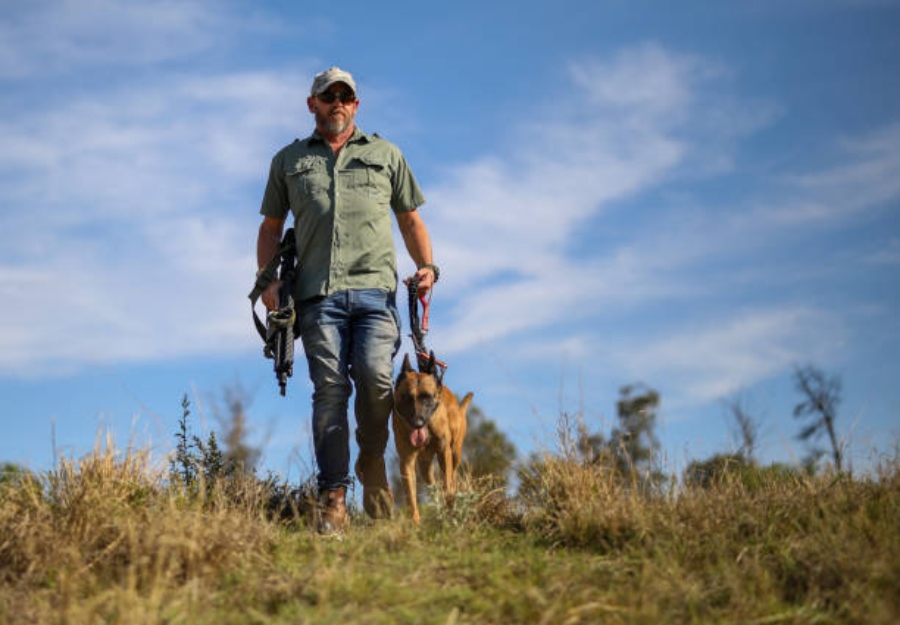
From the fearless Boerboel to the agile Sloughi, these African dogs embody strength, loyalty, and adaptability. Whether safeguarding families, herding livestock, or thriving in the wild, they play vital roles in their communities and ecosystems. As the world evolves, these breeds stand as a testament to the enduring bond between humans and their canine companions, reminding us of the importance of preservation and respect for nature’s guardians.
Stay connected with us for more stories like this! Follow us to get the latest updates or hit the Follow button at the top of this article, and let us know what you think by leaving your feedback below. We’d love to hear from you!







